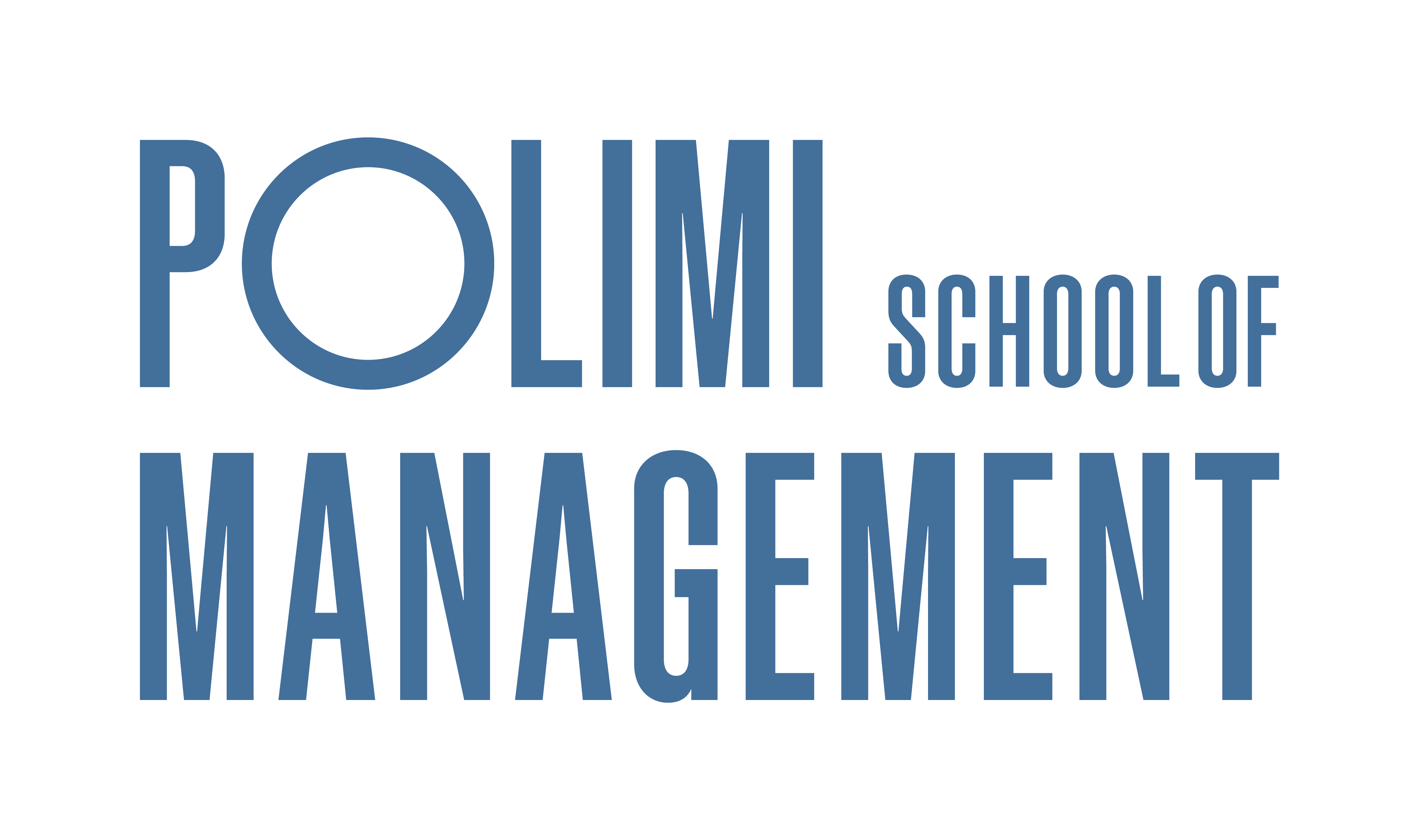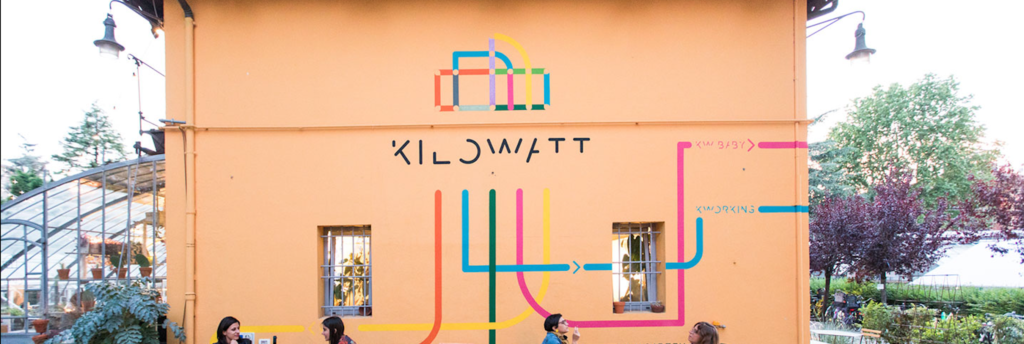
Veronica Chiodo
Researcher and Assistant Professor
Veronica Chiodo has a Ph.D. in Management Engineering, and she is Junior Assistant Professor at the Department of Management, Economics and Industrial Engineering of Politecnico di Milano. Her Ph.D. research investigates the challenges and financial needs of social enterprises in their scaling and the sources they can access. She took part in the work of G8 Taskforce on Social Impact Investment (SIIT). In 2017, she has been visiting PhD student at Centre for Social Investment of the University of Heidelberg and Centre for Enterprise and Economic Development Research, Middlesex University. She works as consultant with venture capitalist, banking and microfinance institutions to develop a measurement system able to assess the social impact performance of social enterprises in the screening, due diligence and monitoring phase. She teaches subjects related to social innovation, social entrepreneurship, impact measurement and business administration.
Research topics:
- managerial challenges of socially oriented hybrid organization
- business model innovation in social purpose organizations
- tech for good
Publications:
- Bengo I., Borrello, A., and Chiodo, V. (2021) . Preserving the Integrity of Social Impact Investing: Towards a Distinctive Implementation Strategy. Sustainability 2021, 13(5), 2852; https://doi.org/10.3390/su13052852 https://www.mdpi.com/2071-1050/13/5/2852
- Gerli, F., Chiodo, V., & Bengo, I. (2021). Technology Transfer for Social Entrepreneurship: Designing Problem-Oriented Innovation Ecosystems. Sustainability, 13(1), 20. https://www.mdpi.com/2071-1050/13/1/20
- CALDERINI, M., CHIODO, V. & MICHELUCCI F. V. (2018). The Social Impact Investment Race: Towards an Interpretative Framework, European Business Review, 30(1), pp. 66-81.https://www.emerald.com/insight/content/doi/10.1108/EBR-10-2016-0134/full/html
- ARENA, M., BENGO, I., CALDERINI, M. & CHIODO, V. (2018). Unlocking finance for social tech start-ups: Is there a new opportunity space? Technological Forecasting and Social Change, 127, 154-165. https://www.sciencedirect.com/science/article/pii/S0040162517307473?via%3Dihub
- ARENA, M., BENGO, I., CALDERINI, M., & CHIODO, V. (2016). Social Impact Bonds: Blockbuster or Flash in A Pan? International Journal of Public Administration, 39 (12), 927-939. DOI:10.1080/01900692.2015.1057852. https://www.tandfonline.com/doi/abs/10.1080/01900692.2015.1057852
- Calderini, M., Borrello, A., and Chiodo V. Tiresia Impact Outlook 2019. The Tiresia Impact Outlook 2019 offers an updated description of the state of the art of finance for social impact in Italy and some reflections on the possible development trajectories of a market with great transformative power worth 8 billion. The analysis is based on 58 structured interviews with operators on both the supply side and the demand side of capital.








